Yesterday morning, I rigged my shiny new trapeze – the birthday gift my wonderful husband gave me back at the end of March, 4,380 years ago – and hung upside down from my feet.
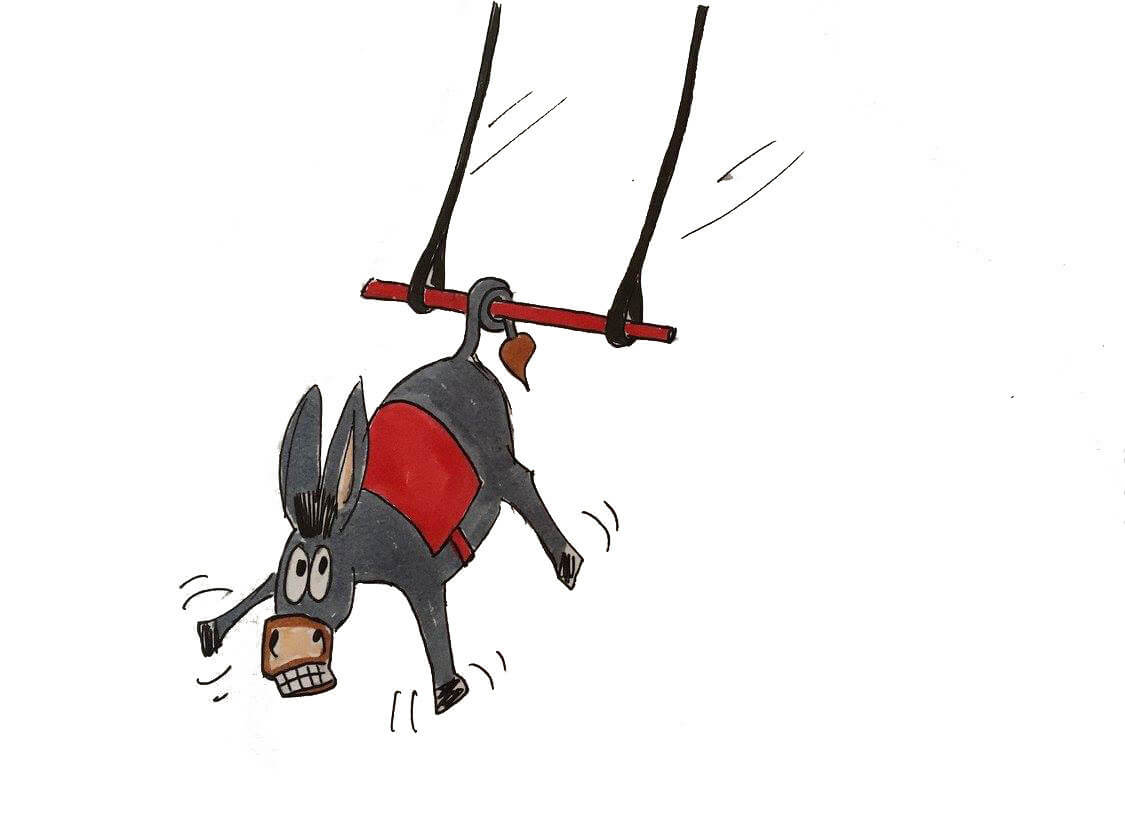
Want your book to be as good as it can possibly be? These articles are all about writing skills, editing like a pro, and how to write with a little more outrageous flair.

Yesterday morning, I rigged my shiny new trapeze – the birthday gift my wonderful husband gave me back at the end of March, 4,380 years ago – and hung upside down from my feet.

In today’s video, I ramble on about why writing like you speak is dumb and leads to badly written books.

We’re basically a bundle of habits, good and bad.
Which means every single action we take is a vote for the person we want to be.

There are some people who do not have a fear response. In the face of danger, they laugh and run towards it (literally).

There are some people who do not have a fear response. In the face of danger, they laugh and run towards it (literally).

What do you want your new world to be like?
Your life? Your business? Your relationships?

Beware the spooks, ghouls, and monsters lurking in the shadows, waiting to destroy your book…
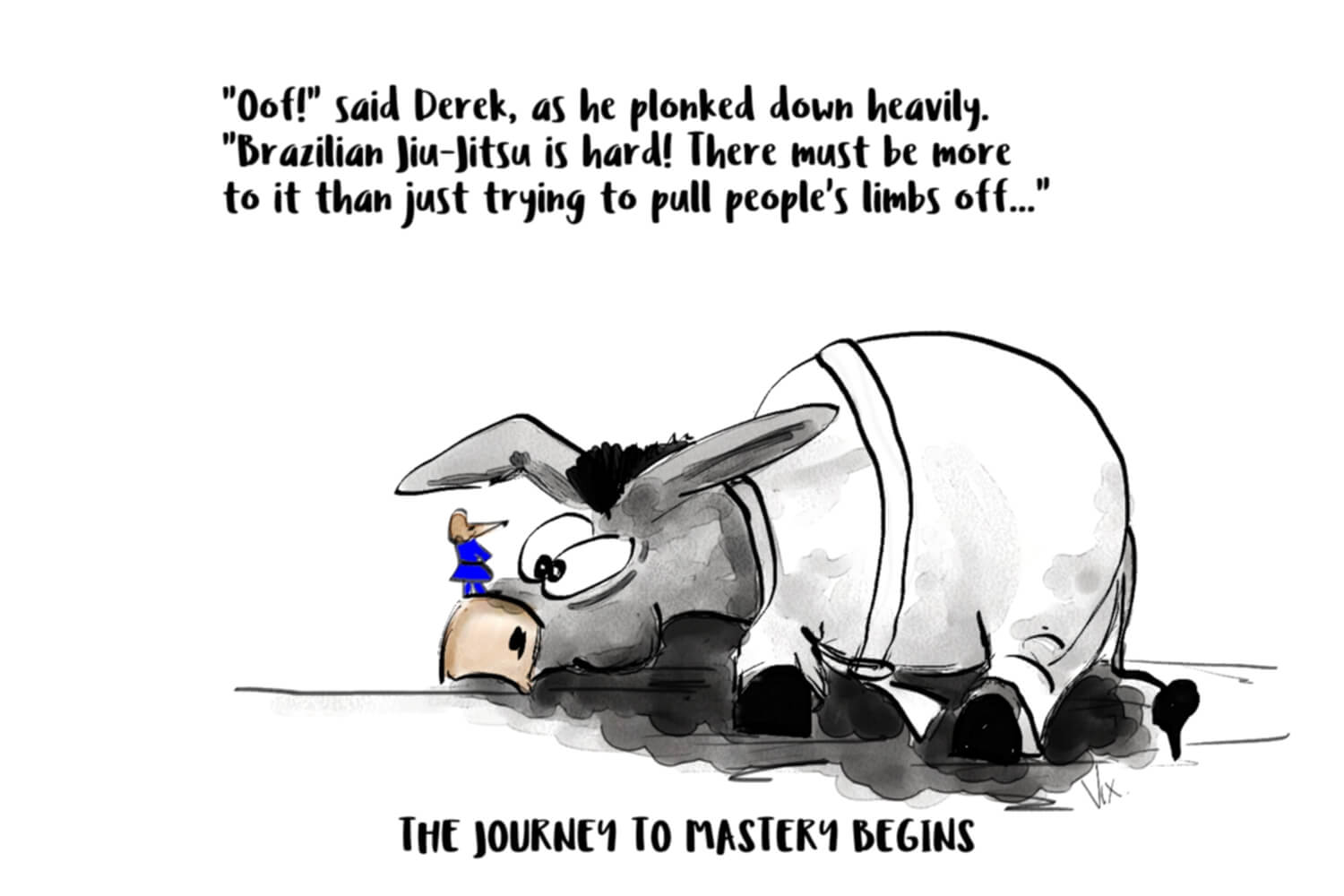
We think that unless we can make giant leaps forward and see enormous and sudden improvements in what we’re doing, we’re not doing anything.
It’s hard to keep going when keeping going is hard (and boring).

Writing every day is crucial if we want to improve, if we want to move more of the right people in the direction we want to go.

Our brains are wired that way, to always see the bad – the problem – rather than the good. It used to keep us alive back when we lived in caves.

People worry a lot about writing a boring-ass book.
And when I say people, I mean me. I worry. About everything, all the time—but specifically, right now, about writing a basic-bitch book.
Check out these 8 mistakes to avoid…

It’s incredibly tempting to throw everything you have at your courses and products and articles… but how about, instead, you go deeper and narrower?

One of the best books I’ve read on how to beat resistance and procrastination is The War Of Art by Steven Pressfield. Here’s my review…

Want to know how I’ve gone from a chaotic cranefly who couldn’t get out of bed to a 6 am person who writes every day and sometimes eats like a healthy adult?

What are you willing to endure to get what you want?

Habits are easier to keep when people are cheering you on.

Don’t let anyone shame you into ridiculous productivity.
Don’t be pushed into doing more than you want to.
It’s okay not to be okay.

If you’re writing something and feeling some kind of way—like maybe you hate it, or strongly dislike it, or want to possibly set fire to it, imagine I’m sitting next to you and gently asking, “But what do you mean by that?”

6 top tips for working from home.

Thinking about publishing but not sure what route to take? Traditional, with agents and royalties and advances and fame and fortune? Or *whispers* self-publishing? And is that even a REAL book anyway? Read this…

If you’re suffering from a writer’s block, could it be your inner reader? Let’s find out…

You’ve written a great book, you’re getting wonderful feedback on it, people are contacting to tell you how they’re getting on and how much they love the book, and yet on Amazon… it’s crickets.

Right now we could all use a little more joy, and fun, and space to do something just for ourselves, just because we want to.
Not because it will be useful or profitable or productive, necessarily.
But for the sheer joy of it.

If we wanna do a thing, we have to make time for it.
And look: I don’t hold with this idea that we all the same 24 hours in a day.
We all have 24 hours, for sure—unless you’re reading this on Mars or something in which case HI PLEASE CONTACT ME BECAUSE WE NEED TO TALK.
But our 24 hours are not the same. I don’t have children or a third job.
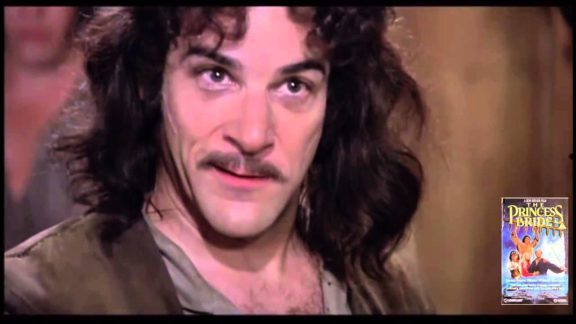
Think of your introduction as a sales letter for the rest of your book. Your reader is thinking, subconsciously, “What’s in it for me? Why should I give up my valuable time to read this book?” You need to convey that in your introduction. Here’s how…

Run away from anyone who tells you they have The Foolproof Way to write a book. Especially if they don’t know you. Read this first.

Your book is just the beginning…
It’s not enough to have a book out there (although that is AWESOME obviously) – it needs to work for you.

Every now and then I like to grab a favourite writer of mine (metaphorically speaking I do not assault authors) and share some writing advice I love.
This week: Neil Gaiman!

Photo by Tom Podmore on UnsplashIf you’re considering not writing your book this year, think again. If you’re tempted to put it off for any reason—please think again. The world needs your story. If you are any kind of a misfit—if you don’t fit into the straight, white, male, cis-het, neurotypical, elite world, or if you have a message and

Too much of anything is a bad thing – and that goes for writing, too. Gluttony can squash your book. Don’t let it…

The thing about tiny beetle steps is, eventually they add up to great big leaps.
We get hung up on the great big leaps. We strive for massive improvements, to become an overnight success, and wish for miracles to happen fast.
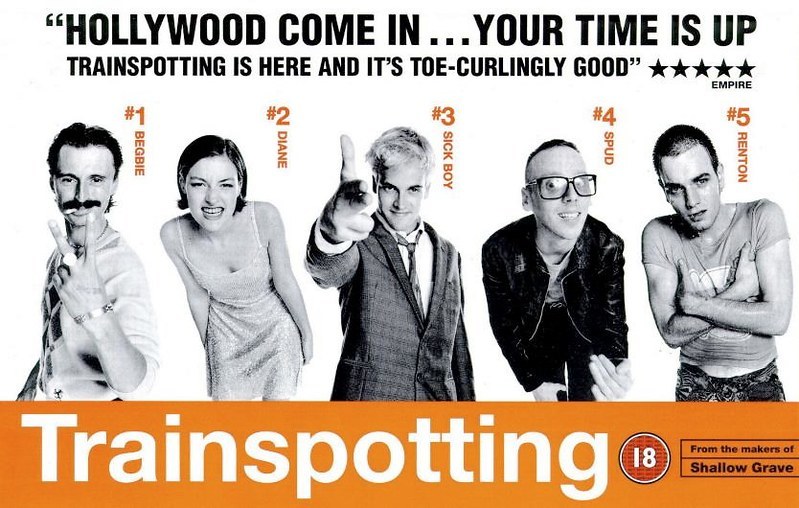
This is a sonnet to laziness, idleness, loafing—a spirited rejection of the Puritan Work Ethic and all it implies. Read on and discover why idleness should be part of YOUR life.

This is a sonnet to laziness, idleness, loafing—a spirited rejection of the Puritan Work Ethic and all it implies. Read on and discover why idleness should be part of YOUR life.

My purpose is to write. To share my stories and other people’s stories – especially those people whose voices are muffled and marginalised. People who stand up for humanity and thoughtfulness and against oppression and cruelty and blind adherence to a doctrine that makes no sense.
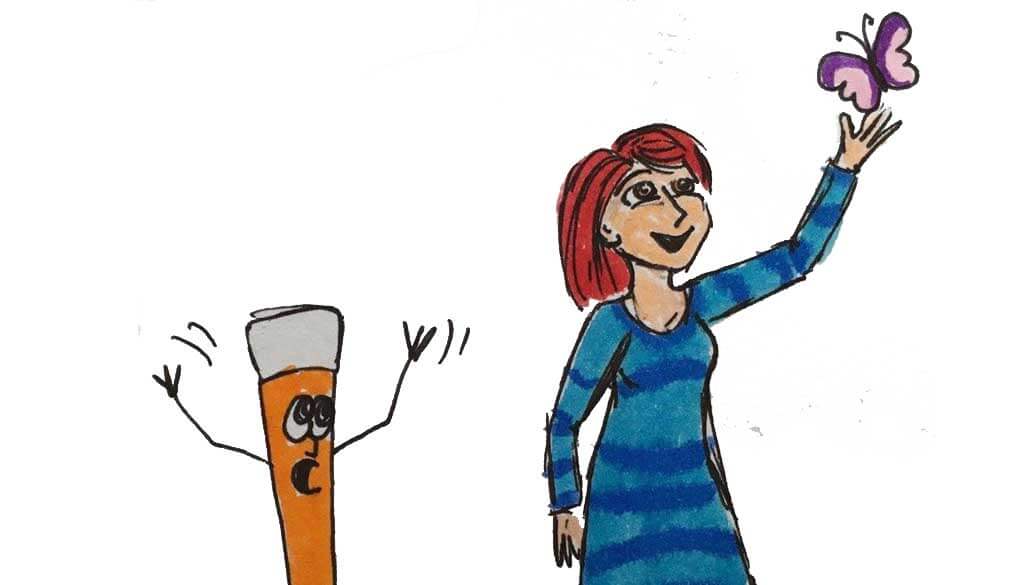
Are we asking the right questions?
I don’t always ask good questions. I ask obvious ones.
Like, “Why do I always procrastinate?”
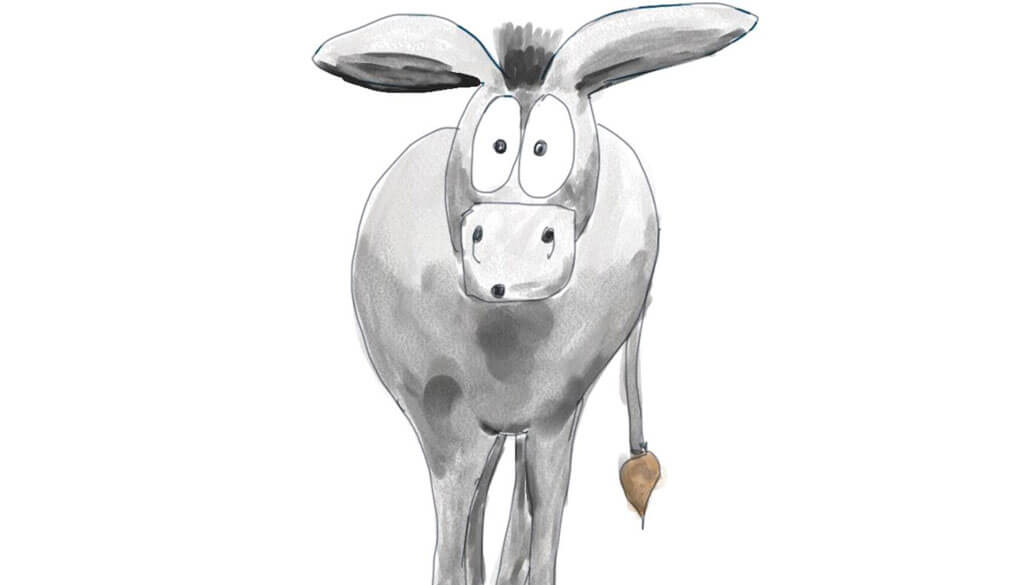
I wanted to share a few things that might help you navigate what you’re feeling right now, including some of the ways I’m feeling

“You’re an author? That’s *so cool*!”
“I self-published it, it’s not in Waterstones or anything,” I said.
This was a conversation I had—paraphrased, natch—a few years ago, just after I wrote my first book. I felt uncomfortable with the praise, like publishing my book myself was pure vanity. I’d forgotten about this conversation.

Perfectionism keeps us all stuck, and it may well drive us into an early grave.

Post-festive-sludging and I feel like my head is stuffed with roast potatoes.
I am struggling to form a coherent thought, let alone write about one.
This is extraordinarily vexing to someone who writes for a living.

Seth Godin calls it making a ruckus. Which I like.
But I call it being a shenanigator.

Snakes on a Plane is a terrible film for many reasons, but part of that reason is total lack of reader (or watcher) journey. Don’t be like Snakes on a Plane.

In a world of hot-takes and kneejerk reactions, how do we introduce a little nuance? How do we reclaim critical thought and—yes—creativity?

I’m going to make a big assumption about you: you’re an expert. A pro. Same goes for your book—so the last thing you’re gonna want is for details to let you down. Check this out for everything you need to avoid looking like an amateur.
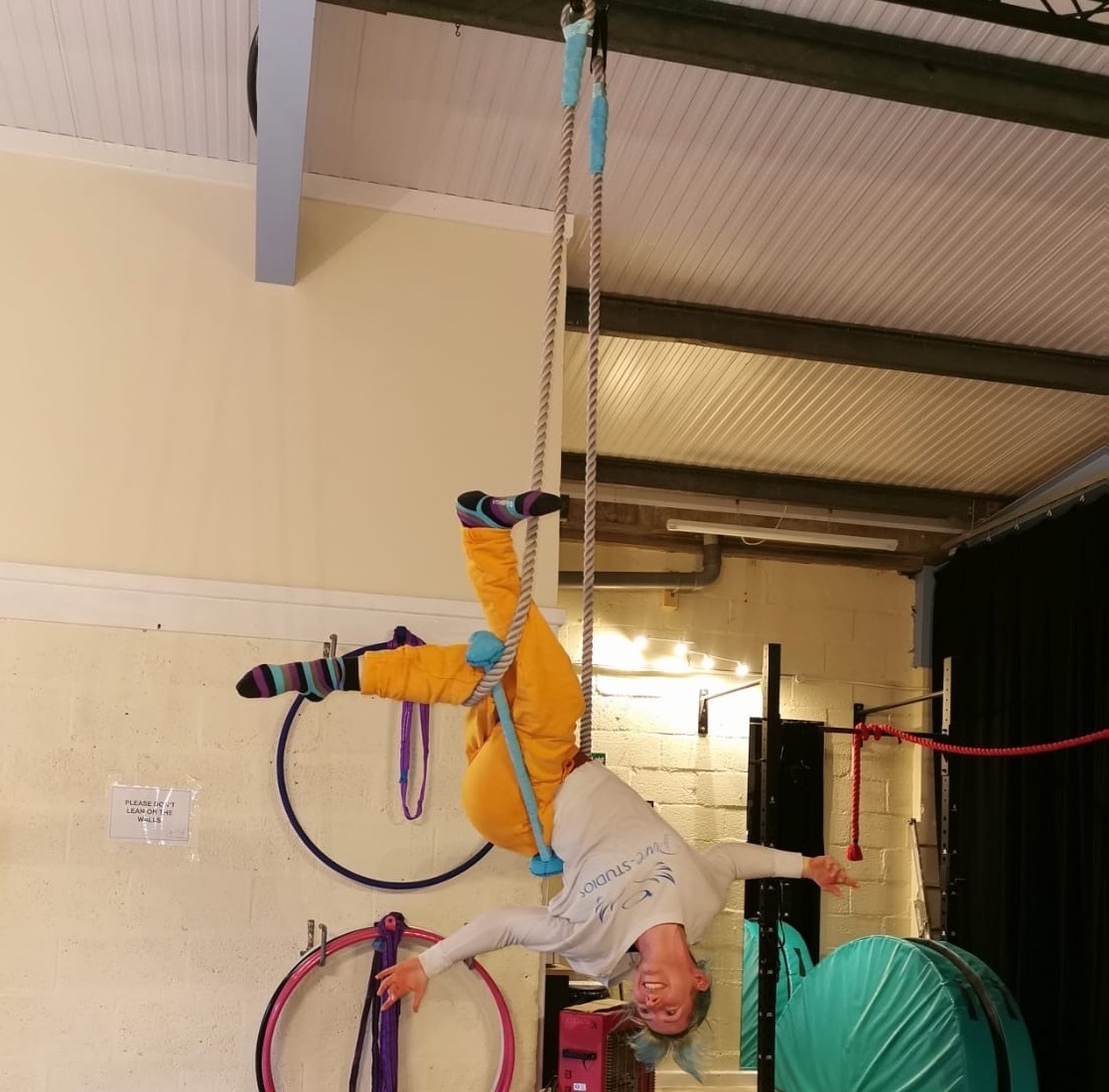
It’s a magical talisman, the first draft. It allows us to let go of our self-consciousness, let go of expectations, and play. And from it, we can make the thing we want to make.
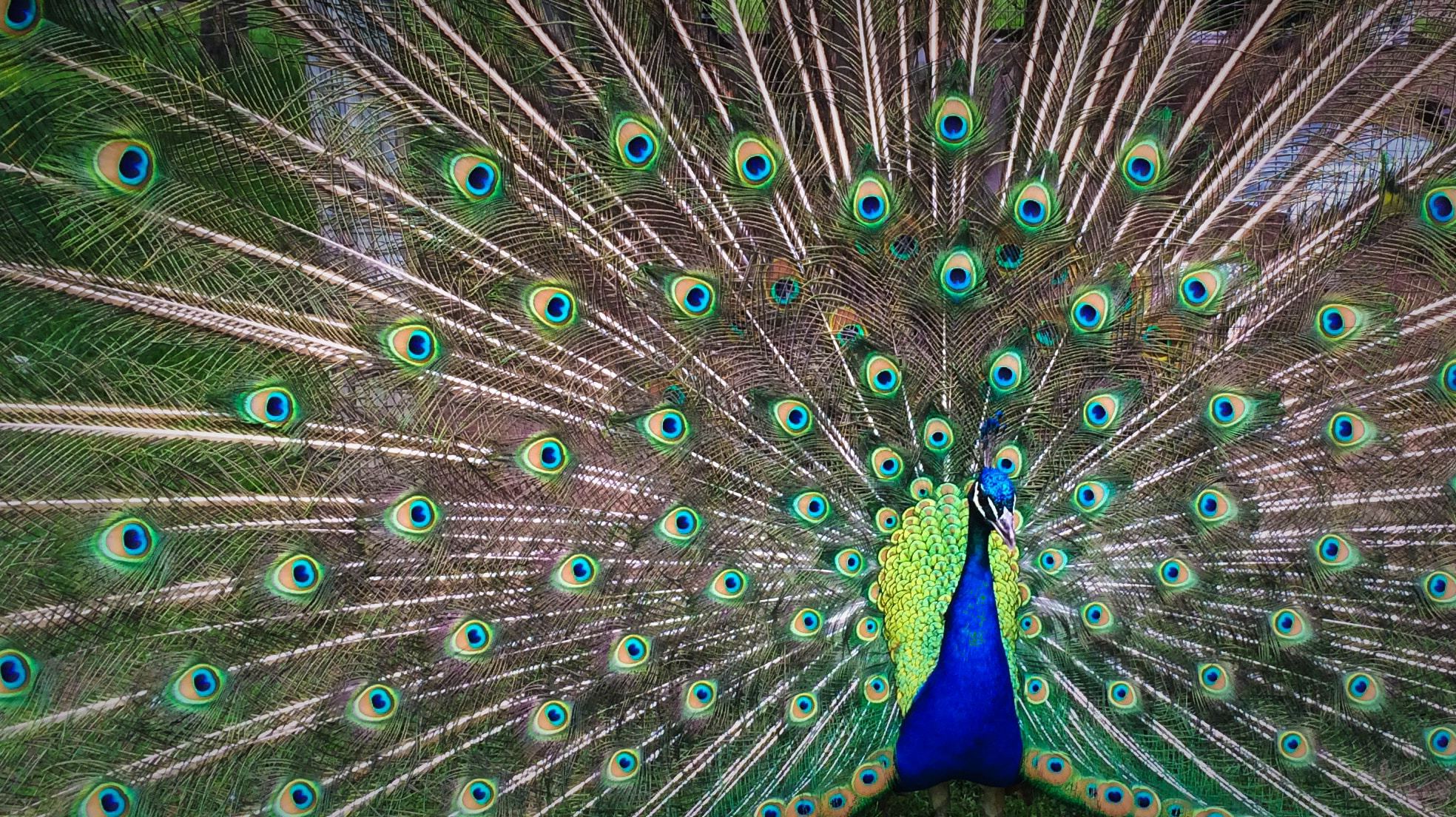
If we’re not telling the truth, there’s no point in writing… don’t let pride get in the way of your truth.

Flamingo your writing by making me feel, see, smell, taste, and touch…Silence.Sudden silence.The kind of velvet silence that soaks up every whisper.The only sound in your head is the bass-beat of your panicked heart… and all eyes are on you.What’s the worst thing that can happen during your competition pole dance performance? Wardrobe malfunction? Nope.

I have a quick tip for you: remember that writing a book is like falling in love.

We think that unless we can make giant leaps forward and see enormous and sudden improvements in what we’re doing, we’re not doing anything.
It’s hard to keep going when keeping going is hard (and boring).

Michael Stipe was right, eh?
Oof. What a few days, eh?
It’s the end of the world as we know it.

The flash of inspiration you’re waiting for? It ain’t gonna happen. It is a myth; a myth that has stopped good writers from writing since humans first scratched their shopping list on the cave wall…

None of us has any control over a global pandemic or other people’s behaviour or thoughts or actions. I don’t think we’ve ever lived through a time of such uncertainty. And yet I was trying to control it anyway. Perhaps you were, too. That’s what humans do; we try to control stuff.
Which is, quite simply, exhausting.

If you make a mistake, people will forgive you, especially if you put it right. If you make a mistake and then disappear, you’ll be considered a douchecanoe.

Have you ever read something that, when you think about it later, is obvious – but at the time, it blows your mind?

Why haven’t I written my book yet?
I have my reasons. Here are 26 of them…
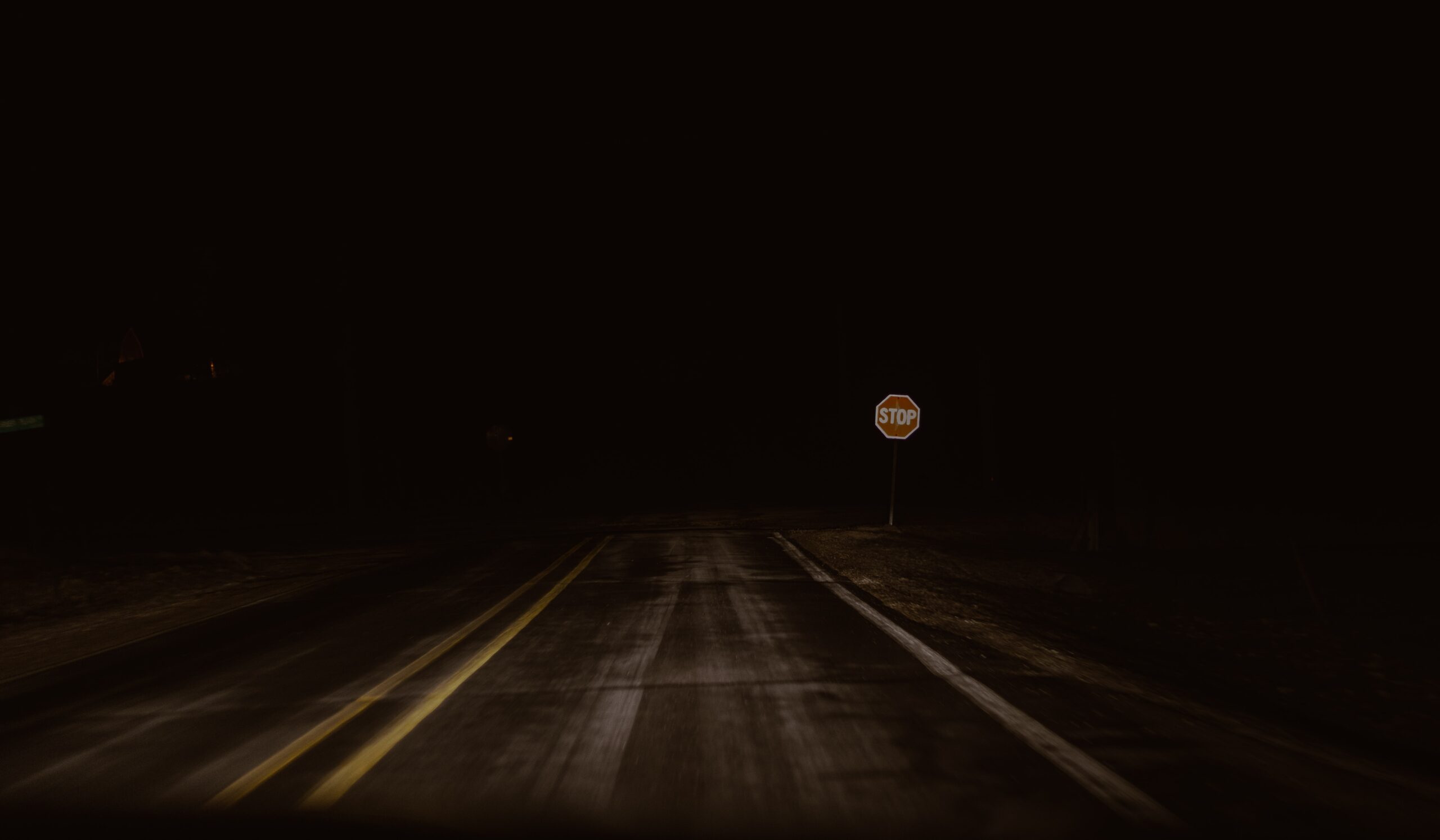
What would happen if I let go of this need to be impressive, and instead focused on feeling and thinking on paper? What would happen if I played around with different styles, and wrote questionable poetry, and fictionalised some of my experiences?

Ever thought about writing a book but never quite got started? You’re not alone.
Here are 15 reasons why I think you should write a book in 2020…
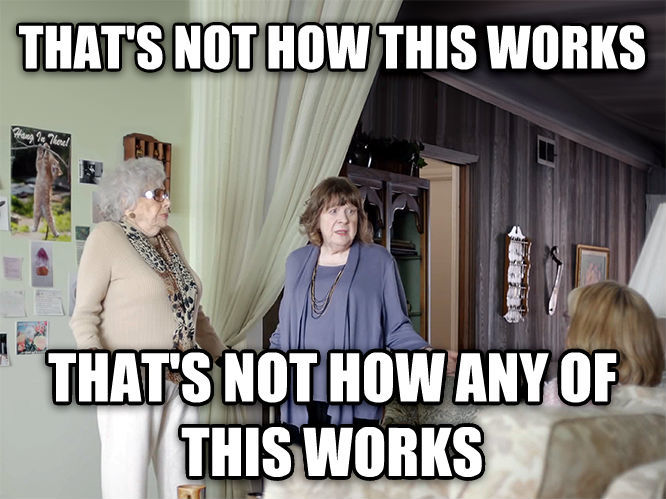
In a world of hot-takes and kneejerk reactions, how do we introduce a little nuance? How do we reclaim critical thought and—yes—creativity?

Writing a book isn’t just about the writing; it’s about the details, too. The fine points that mark you out as a professional. Stuff your readers may not notice on a conscious level, but if you get it wrong, they’ll feel it. They’ll know.

People worry a lot about writing a boring-ass book.
And when I say people, I mean me. I worry. About everything, all the time—but specifically, right now, about writing a basic-bitch book.
Check out these 8 mistakes to avoid…
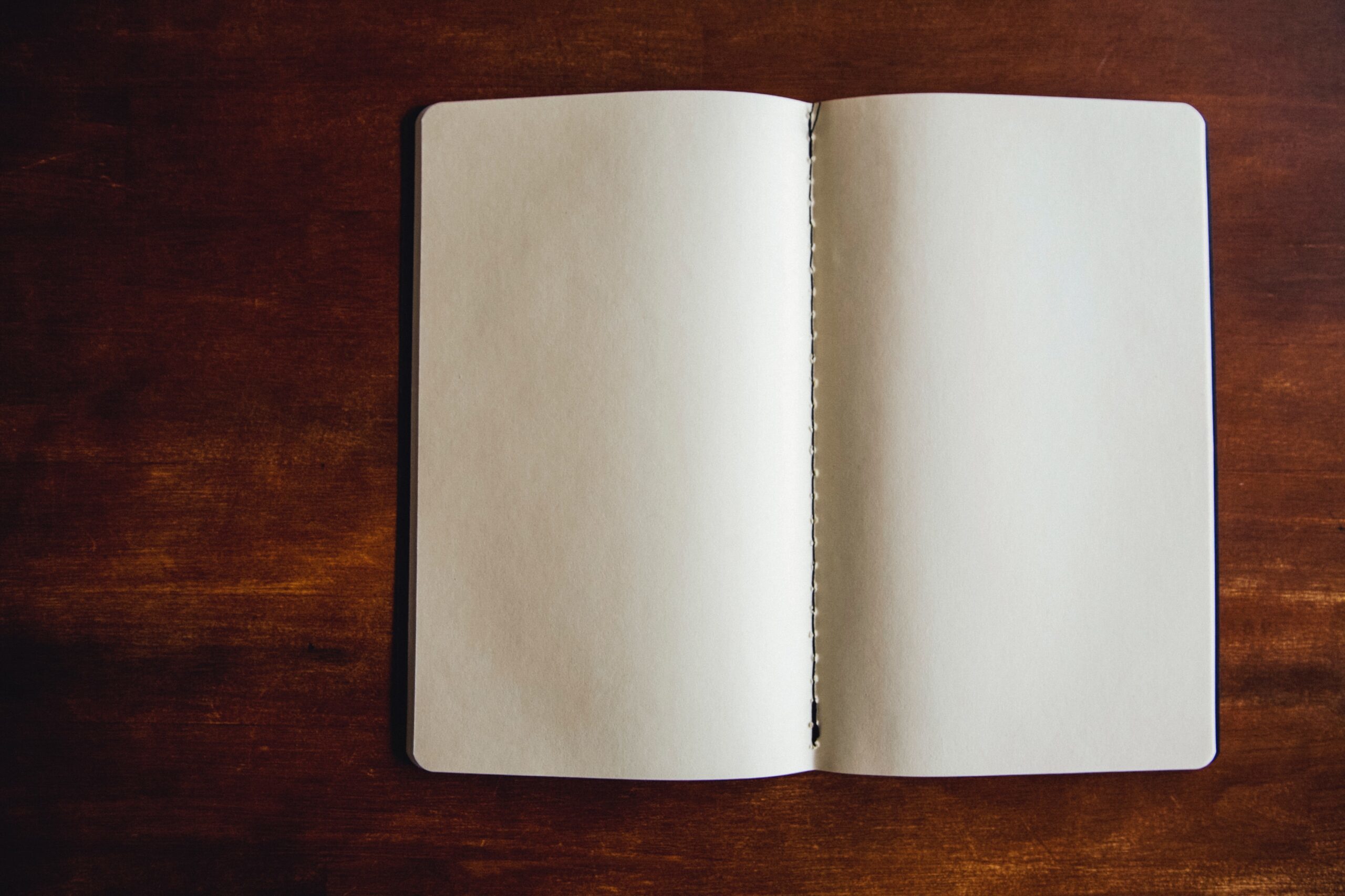
“You can always edit a bad page. You can’t edit a blank page.” — Jodi Picoult
Well yes, Jodi, that’s true of course. I 1,000% agree with you.
But it’s easier said than done, amiright?
When I’m sitting there in front of my blank page, head buzzing with static, fighting the urge to clean the bathroom or peel all the skin off my lips, this statement always makes me feel like shit.
So let’s sort it out.
I'm on a mission to create 1,000 business owner-authors and help them transform their lives and businesses. Join us: get started with the 29-Day Writing Challenge. Fill out the form below and get writing...